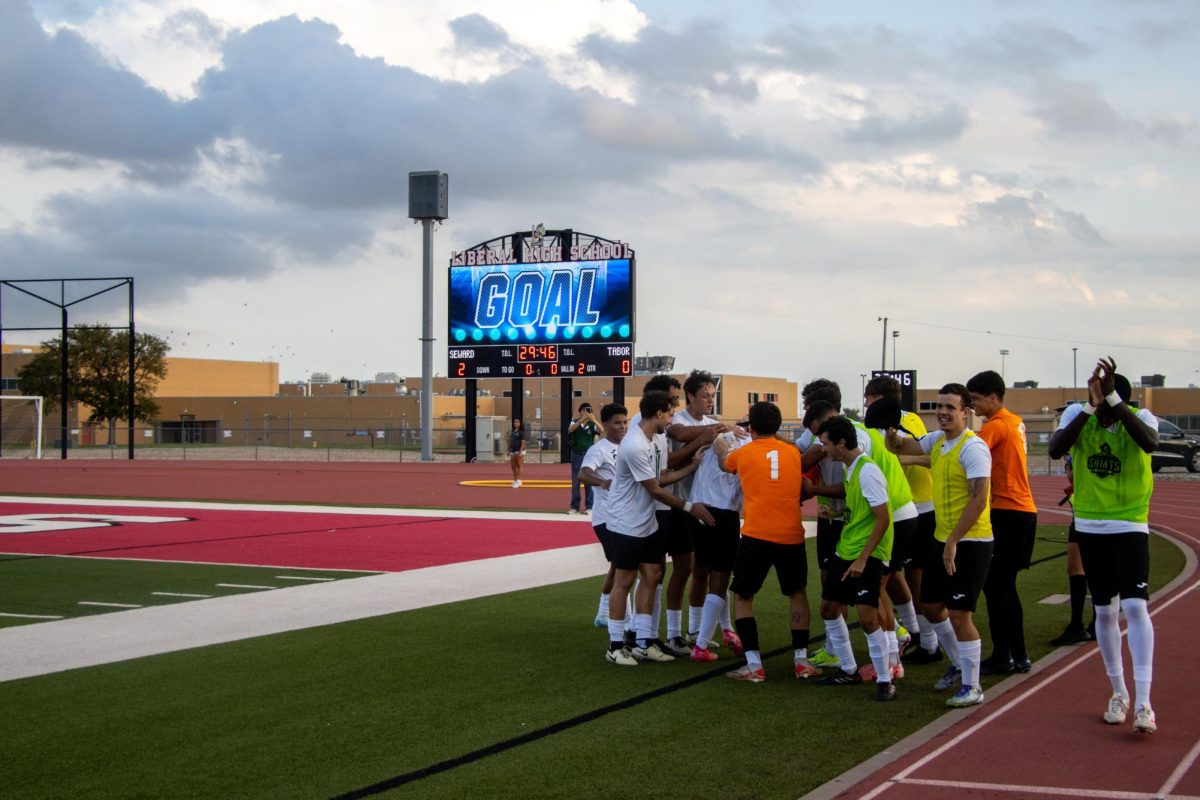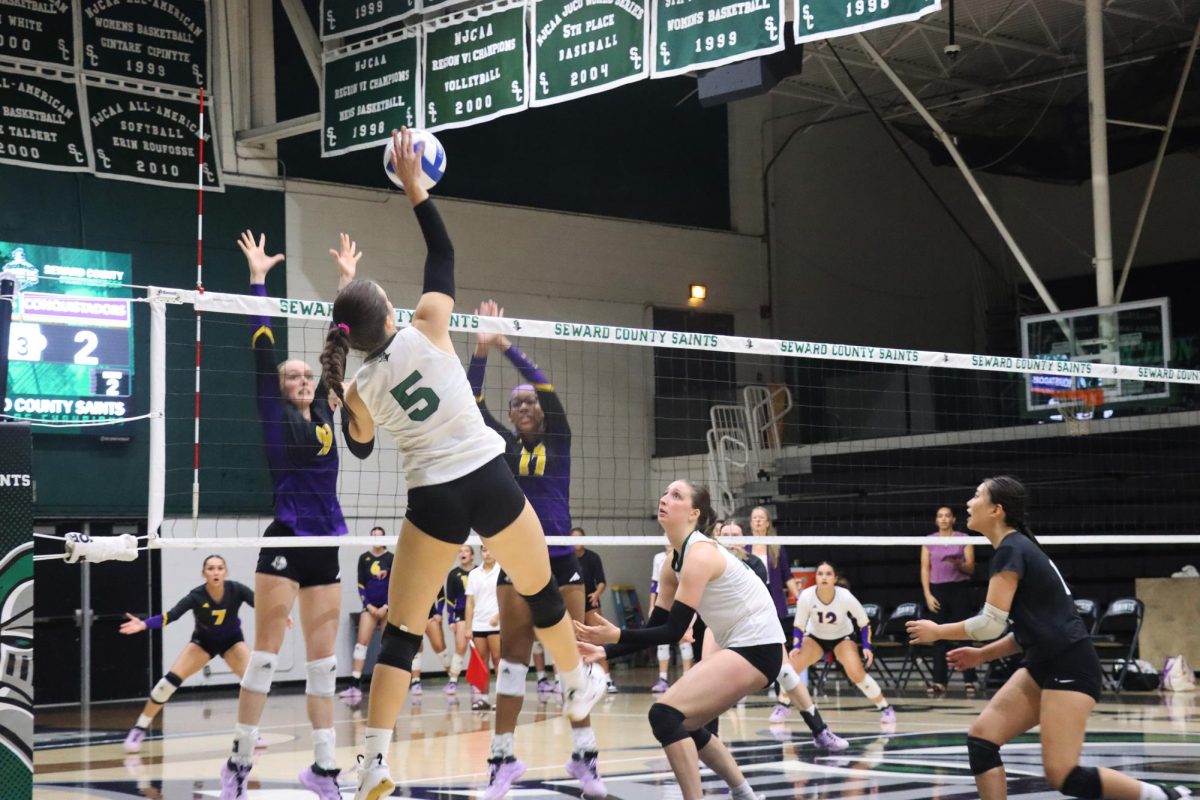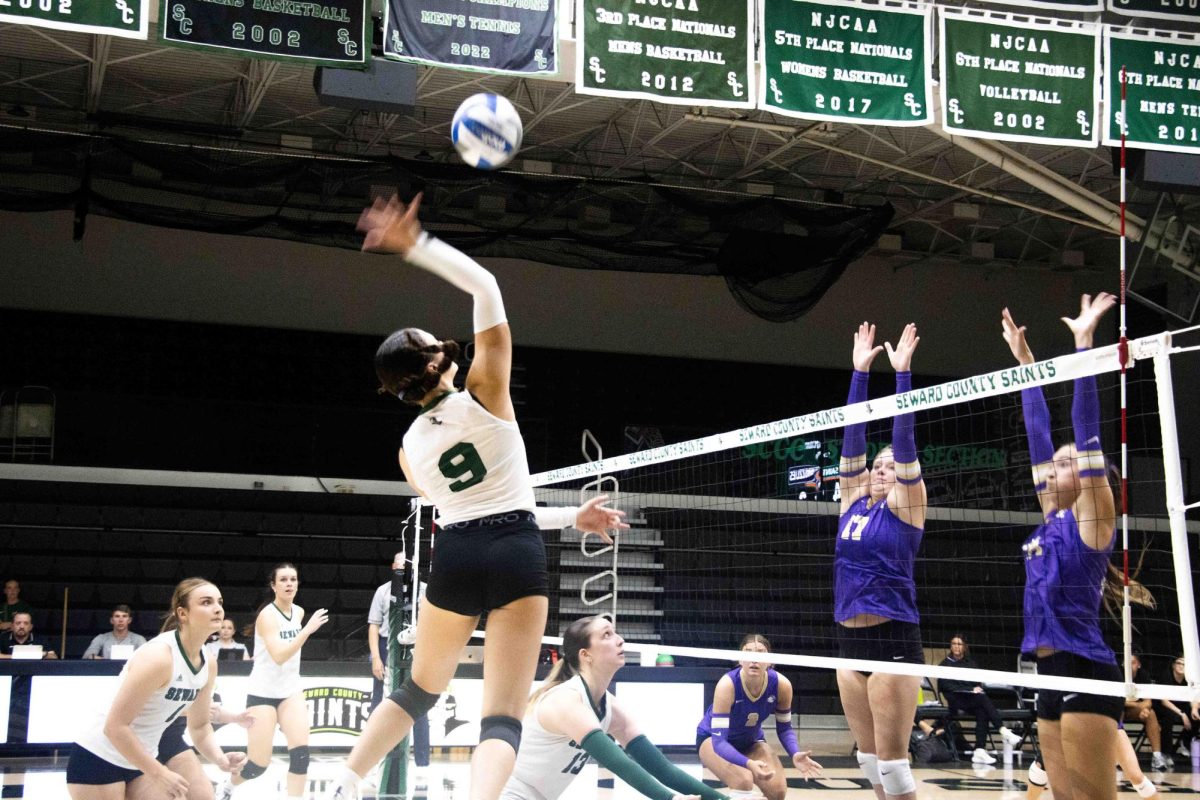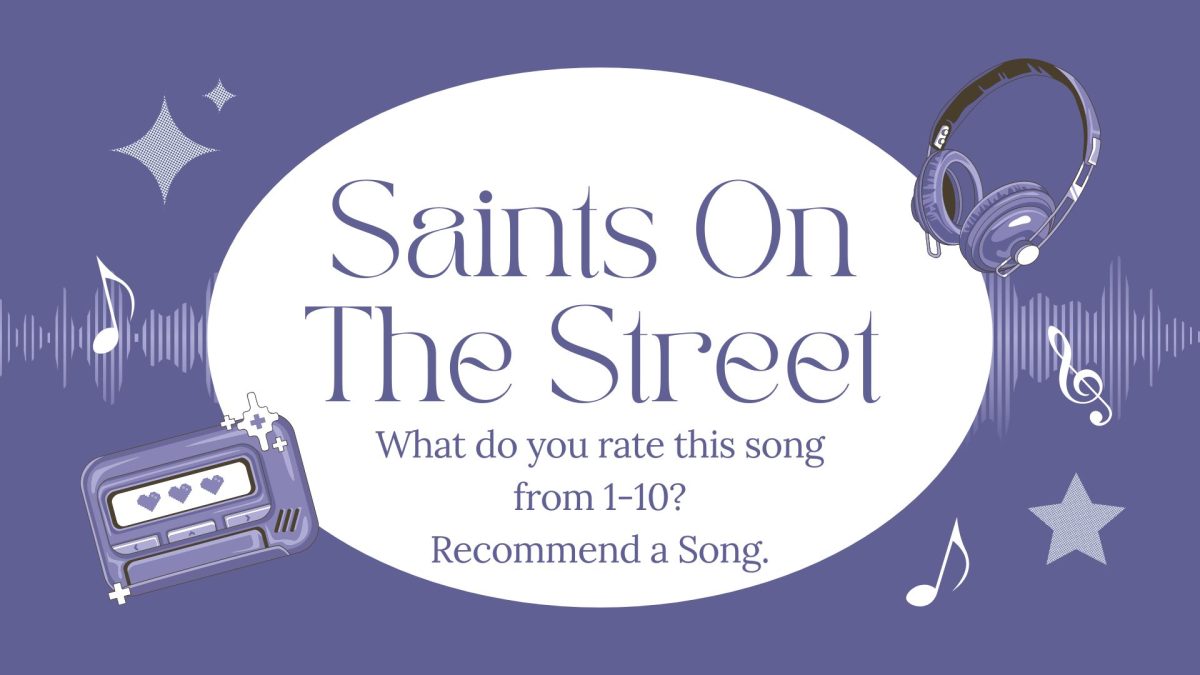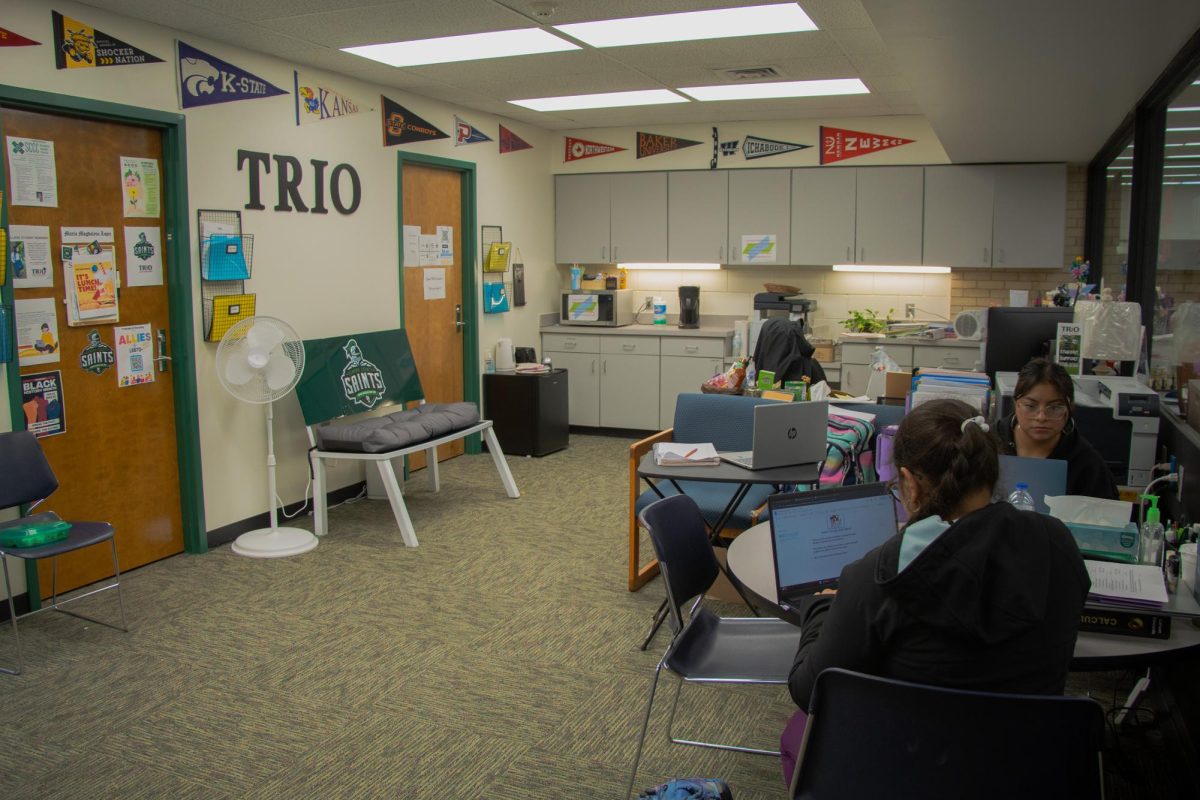Making its way to the Kansas legislature Senate floor is a bill that would allow people to carry a concealed weapon into any state or municipality facility, as long as they had a license to do so. That includes community colleges and universities in the state of Kansas, and the person could be a student, employee or visitor. The only way a state or municipality facility can deter these individuals from bringing guns into their workplaces is also stated in House Bill No. 2685. “No state agency or municipality shall prohibit an employee who is licensed to carry a concealed weapon under provisions of the personal and family protection act from carrying such a weapon at the employee’s work place unless the work place has adequate security measures to ensure no weapons are permitted at such work place.” Adequate security, as the bill defines, would be the installation of metal detectors and security at buildings’ entrances to ensure no weapons can make it inside. The average cost of a modest metal detector is around $2,500 and the average pay to a security worker is around $50,000 a year, according to legislators. With more than 100 entrances to campus buildings, that could add up quickly at Seward County Community College/Area Technical School. “The argument is not in the cost,” said Rep. Forrest Knox, who introduced the bill. “It is, ‘Do those signs on the doors make you more secure?’” Rep. Carl Holmes from the local district sees that change needs to be made. “The signs on the doors make it illegal for license holders to carry a concealed weapon onto the premises,” Holmes said. “But the people who illegally own weapons or don’t have a license to carry a concealed weapon continue to carry those weapons into buildings, sign or not.” Holmes also sees another error in the system that needs fixed. “Allowing those people coming into workplaces and illegally carrying weapons, without being able to control it and not providing security leaves them liable for a lawsuit if something were to happen.” The cost proves to be the big issue, along with security in the matter, despite Knox’s intentions. “There are several issues with this bill,” Dr. Duane Dunn, president of SCCC/ ATS, said. “One is the sheer financial aspect for SCCC/ATS. We have over 100 entrances that would need metal detectors, including overhead doors to our shop areas. The cost for that alone would be more than $1 million for our facilities. That is a terrifying budgetary expenditure when we are already faced with declining revenues. So that would mean we would have to raise property taxes in order to meet that requirement.” Dunn also commented on the implications the bill would put on security. “The intent of the law may be noble in trying to ensure that a person has a right to protect themselves in a public building with a legally obtained weapon; however, the implications are being lost in that intent,” Dunn said. Holmes said he voted no on the bill during final action after Dunn contacted him. Despite Holmes’ vote the bill did pass in the House 65-57. Holmes does not see the bill passing in the Senate, but the vote is imminent. If the bill does not pass in the Senate, the bill is killed and would not be able to be reintroduced until next year. “Each of us do our very best to create a safe environment for our public, our employees, and in our case for our students.” Dunn said. “This bill has so many frightening implications, I seriously don’t look forward to dealing with the fallout when someone does get harmed.” Dunn encourages constituents to contact Senators and ask them to vote against the passage of this bill.
Concealed weapons bill raises fiscal and security concerns
April 1, 2010
More to Discover

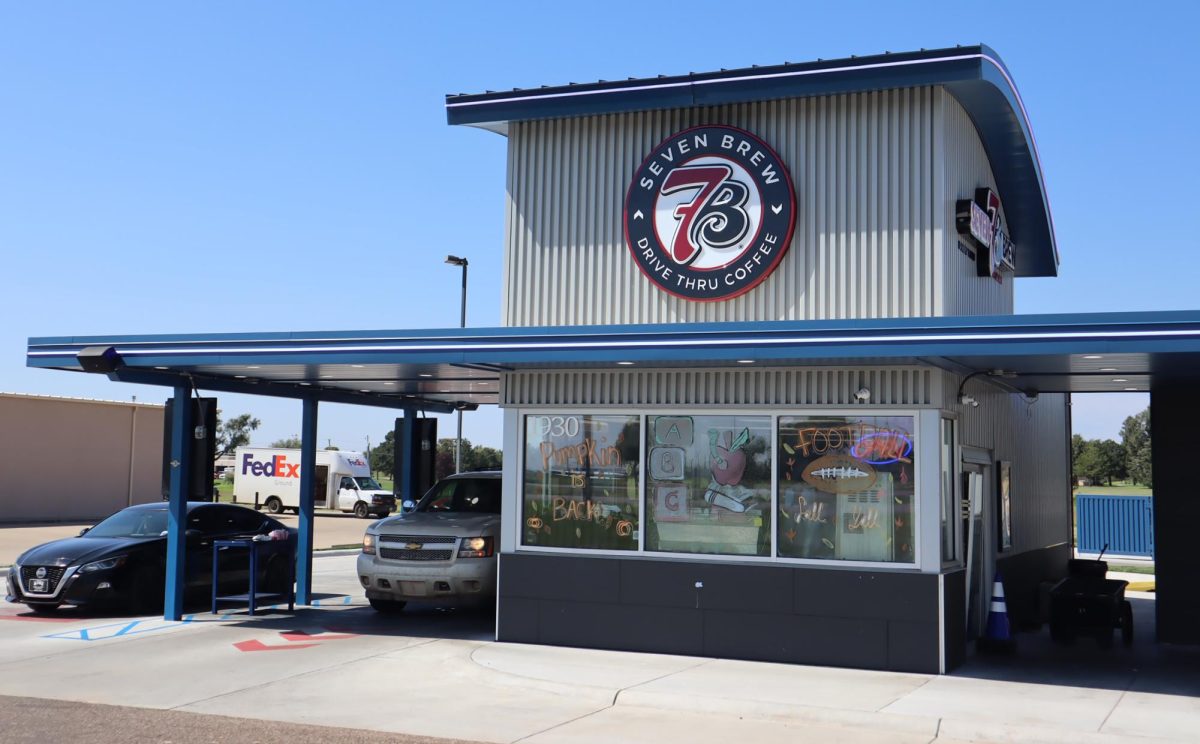
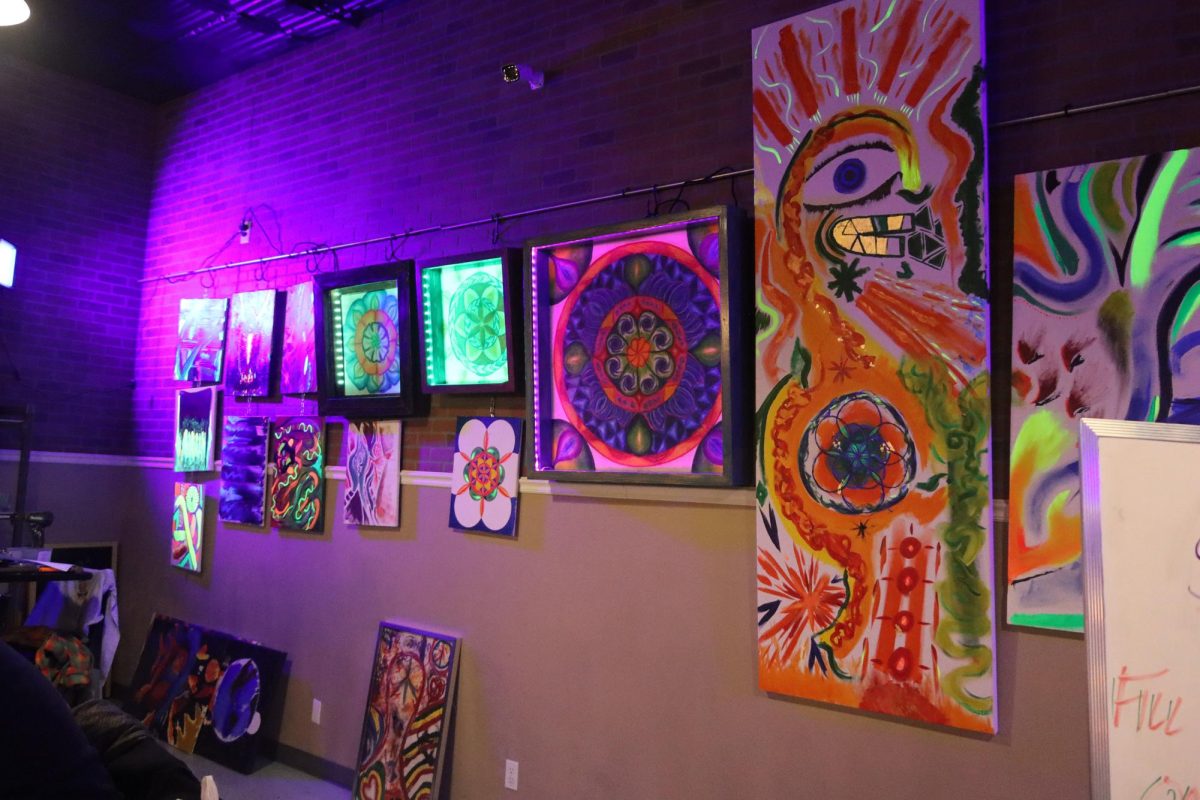










![The sophomores were recognized on the field instead of walking across the stage during their doubleheader. They received their diplomas and a picture of themselves playing during their career at Seward. [Pictured left to right are Dylan Day, Reed Thomas, Jase Schneider, Mason Martinez, Gannon Hardin, Brody Boisvert, and Zach Walker]](https://crusadernews.com/wp-content/uploads/2022/05/WEBDSC_0275-900x454.jpg)





